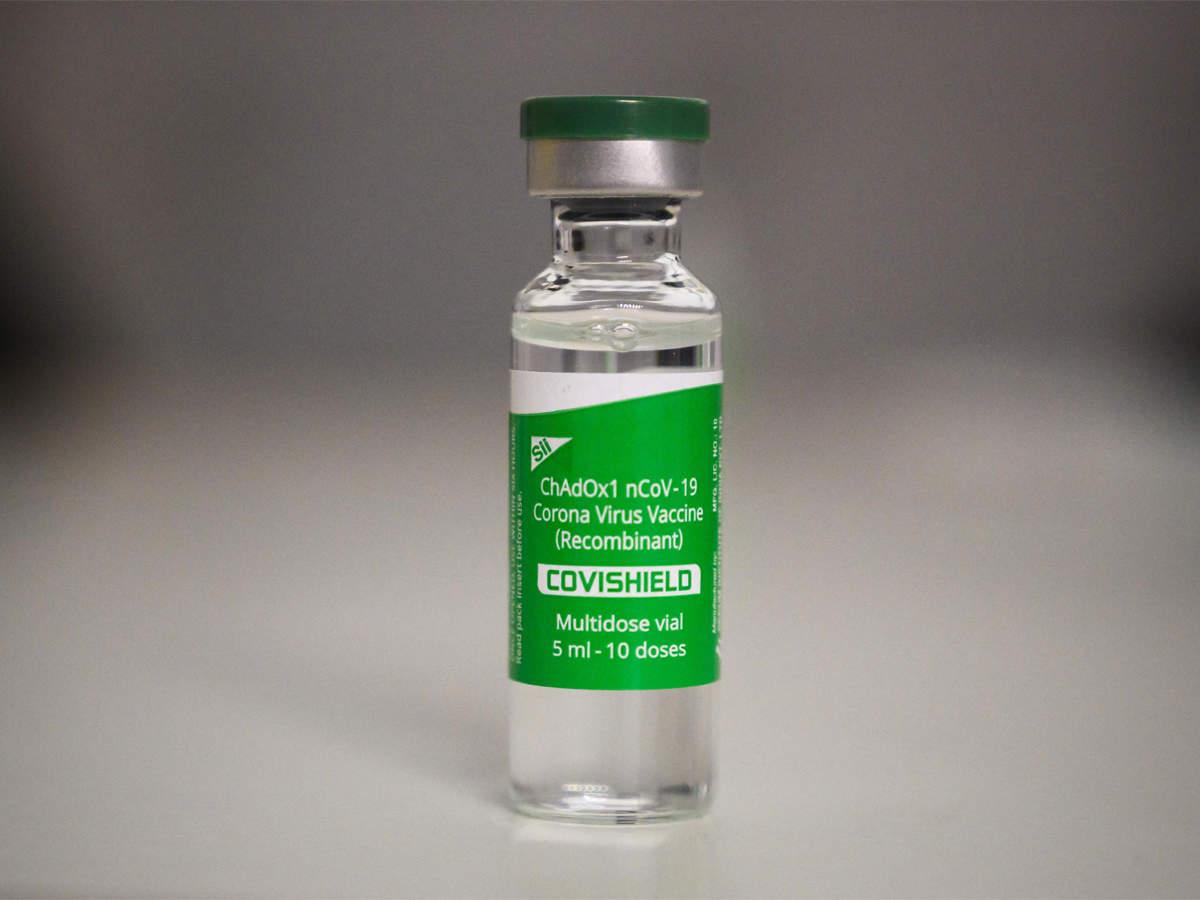India has seen massive industrial developments over the last two decades. As a result, the country is attracting foreign direct investments (FDIs). This has prompted the non-resident Indians (NRIs) to consider India a viable destination to invest.
- Fixed Deposit
- Public Provident Fund
- National Pension Scheme
- Equity
- Mutual Funds
- Real Estate
The Indian Government is making the country more conducive for business each day. With various options to invest in, NRIs are finding it difficult to sort out the best options for them.
Considering the returns, the following investment options are the best for NRIs in 2020:
——Advertisement starts here ——
 NRIForShaadi.com World’s #1 App for NRI Matrimony. Thousands of members near your GPS Location. Download from NRIApps.com
NRIForShaadi.com World’s #1 App for NRI Matrimony. Thousands of members near your GPS Location. Download from NRIApps.com ———Advertisement ends here ———
1.Fixed Deposit
Fixed Deposits (FDs) are not only popular among the resident Indians, but also among the non-resident Indians (NRIs). Bank FDs are considered the safest investment option as there are hardly any instances of banks defaulting on them. NRIs can start FD with their FCNR, NRO, or NRE accounts.
The rate of interest depends on the bank, amount you deposit, and the tenure of the deposit. Generally, banks and NBFCs offer higher rates of interest on higher amounts deposited for longer tenures. Senior citizens are offered a slightly higher rate of interest. The current rate of interest on NRE FDs varies between 6% and 7.8%. You can invest in FDs if you are totally risk-averse and are ready to settle for average returns.
2.Public Provident Fund
Another safe investment option is investing in Public Provident Fund (PPF). PPF is a government-backed scheme. Both resident and non-resident Indian citizens are allowed to invest in PPF. The current rate of return on PPF investment is 8% per annum.
PPF investment comes with a lock-in period of 15 years and the maximum amount that you can invest is Rs 1.5 lakh a year. Investing in PPF offers tax deductions under Section 80C.
3.National Pension Scheme
National Pension Scheme (NPS) is another government-backed scheme. Like PPF, investing in NPS comes with tax benefits. The amount accumulated at the time of maturity is completely tax-exempt.
Investing in NPS can be considered as safe investing in PPF and bank FDs. You can invest in NPS if you are aged between 18 and 60 years. NPS offers an annual interest of 12% to 14%.
4.Equity
You can consider investing in equity if you are an aggressive investor, and are ready to take some risk. NRIs can invest in the Indian stock market directly under the Portfolio Investment Scheme (PINS) of RBI.
NRIs are mandated to have an NRE/NRO account, demat account, and a trading account to invest in the Indian stock market. Indian stock markets have shot up since the 2019 general elections. It is expected to attract FDIs and NRIs in the near future.
5.Mutual Funds
Mutual funds possess moderate risk. They are neither as risky as investing in stock markets nor as safe as investing in bank FDs. Mutual funds are capable of offering much higher returns than bank FDs. There are various fund houses offering various funds to invest in. You can pick as per your risk profile and financial goals.
NRIs can invest in mutual funds only through their NRO or NRE accounts. You need to invest in Indian Rupees (INR) and not in foreign currencies. The rate of returns offered by mutual funds depends on the type of fund (debt, equity, and hybrid) invested in.
6.Real Estate
The Indian real estate is booming of late. The real estate prices in major Indian cities Such as Delhi, Mumbai, Bengaluru, and Pune have skyrocketed over the last decade. Many NRIs are purchasing houses in India to let out for rent. This is fetching them a handful sum of money.
There are a plethora of options to choose from. You need to analyse your requirements and risk profile before deciding to invest. Investing in India is a good option as the country is expected to see a lot of developmental activities over the next decade.



